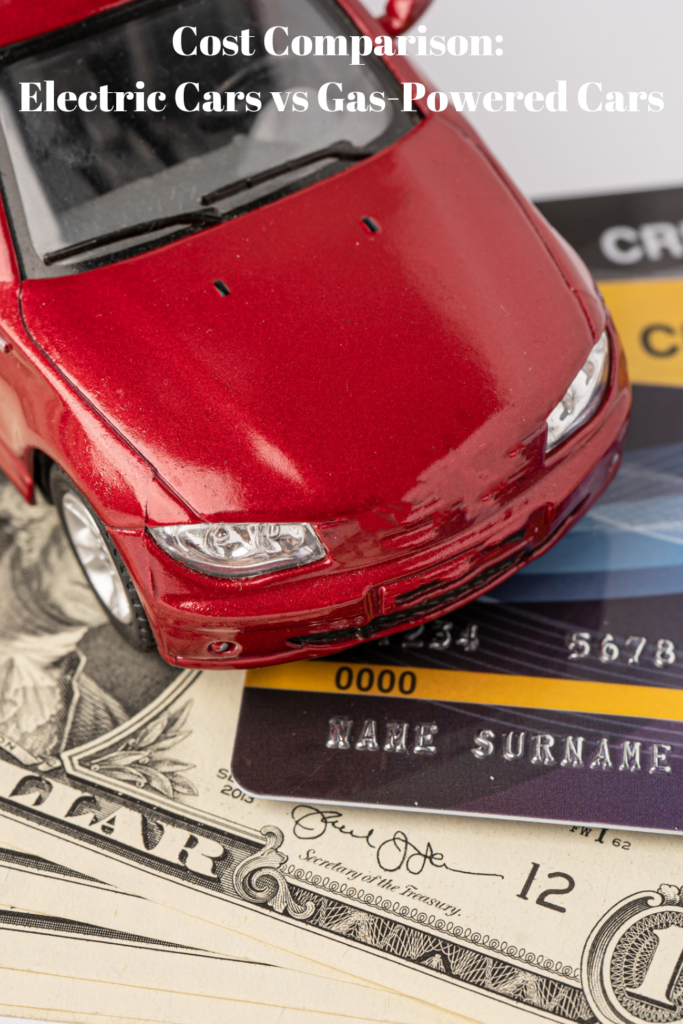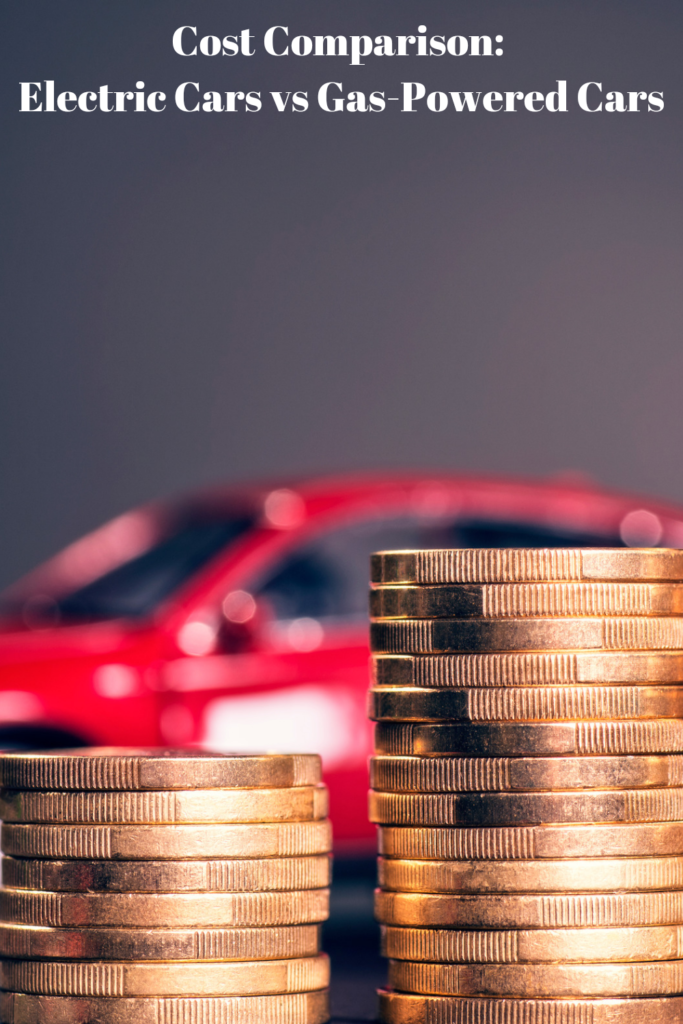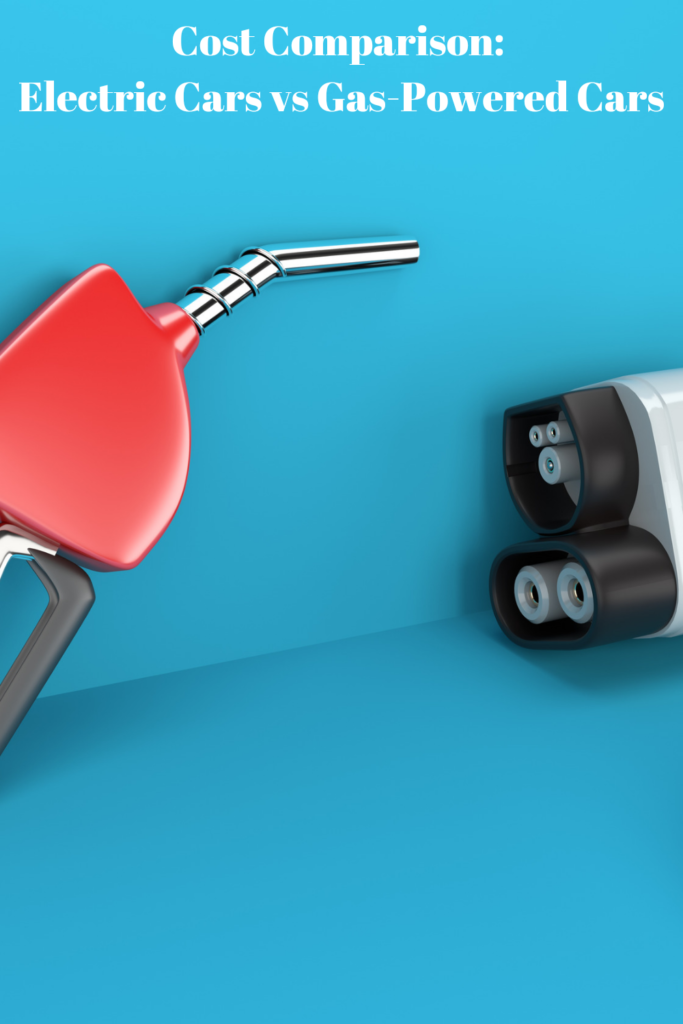Title: Cost Comparison: Electric Cars vs Gas-Powered Cars
The rise in popularity of electric cars has prompted a growing interest in understanding the financial implications of owning and operating such vehicles compared to traditional gas-powered cars.

This comprehensive analysis will compare the overall costs of charging an electric car versus refueling a gas-powered car, accounting for factors such as fuel prices, average mileage range, and maintenance expenses.
By examining real-life examples and conducting thorough research, we aim to present a clear and informative comparison to highlight the financial benefits or drawbacks of electric car ownership.
Fuel Costs:
1.1 Electric Car:
Electricity costs vary by location and charging method. On average, the cost of electricity for charging an electric car is lower than gasoline prices. For example, if the average cost of electricity per kilowatt-hour (kWh) is $0.13 and an electric car requires 30 kWh to fully charge, the total charging cost would be $3.90.
1.2 Gas-Powered Car:
Gasoline prices fluctuate depending on various factors like location and market conditions. Assuming an average price per gallon of $3.00 and a car’s fuel efficiency of 30 miles per gallon, the cost to travel 300 miles would be $30.00.

Mileage Range:
2.1 Electric Car:
The mileage range of electric cars depends on various factors, such as battery capacity. On average, electric cars have a range of 100-300 miles per charge. For example, the Tesla Model 3 offers a range of approximately 250 miles.
2.2 Gas-Powered Car:
Gas-powered cars’ range varies depending on the fuel tank capacity and fuel efficiency. Assuming a car’s fuel efficiency of 30 miles per gallon, a car with a 10-gallon tank would have a range of approximately 300 miles.
Maintenance Expenses:
3.1 Electric Car:
Electric cars generally require less maintenance compared to gas-powered cars due to fewer moving parts. Maintenance costs for electric cars may include tire rotations, brake service, and battery replacement over time.
3.2 Gas-Powered Car:
Gas-powered cars typically require more frequent maintenance, including oil changes, air filter replacements, and transmission services.
These maintenance tasks tend to be more expensive compared to electric cars.
Real-Life Examples:
4.1 Electric Car Owner – John:
John owns an electric car with an average charging cost of $3.90 per full charge. Assuming he drives 15,000 miles a year, his annual charging cost would be approximately $585.
4.2 Gas Car User – Sarah:
Sarah owns a gas-powered car with an average fuel efficiency of 30 miles per gallon. Assuming she drives 15,000 miles a year, her annual fuel cost would be $1,500.
Long-Term Savings or Additional Costs:
5.1 Electric Car:
Owning an electric car can yield long-term savings, including lower fuel prices and potential tax incentives or rebates for electric vehicle owners.
However, the initial purchase price of electric cars is generally higher than gas-powered cars, which may offset these cost savings in the short term.
5.2 Gas-Powered Car:
Gas-powered cars may have a lower upfront cost compared to electric cars. Still, the higher ongoing fuel prices and maintenance expenses can lead to higher long-term costs.
Conclusion:
Overall, charging an electric car is generally more cost-effective than refueling a gas-powered car due to lower electricity costs, potential tax incentives, and fewer maintenance expenses.

While electric cars may have a higher upfront cost, the long-term savings associated with reduced fuel and maintenance expenses make them financially favorable.
However, individual circumstances, including electricity and gasoline prices, driving habits, and available incentives, should be considered to determine the financial benefits or drawbacks of owning an electric car versus a gas-powered car.
